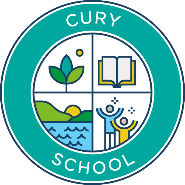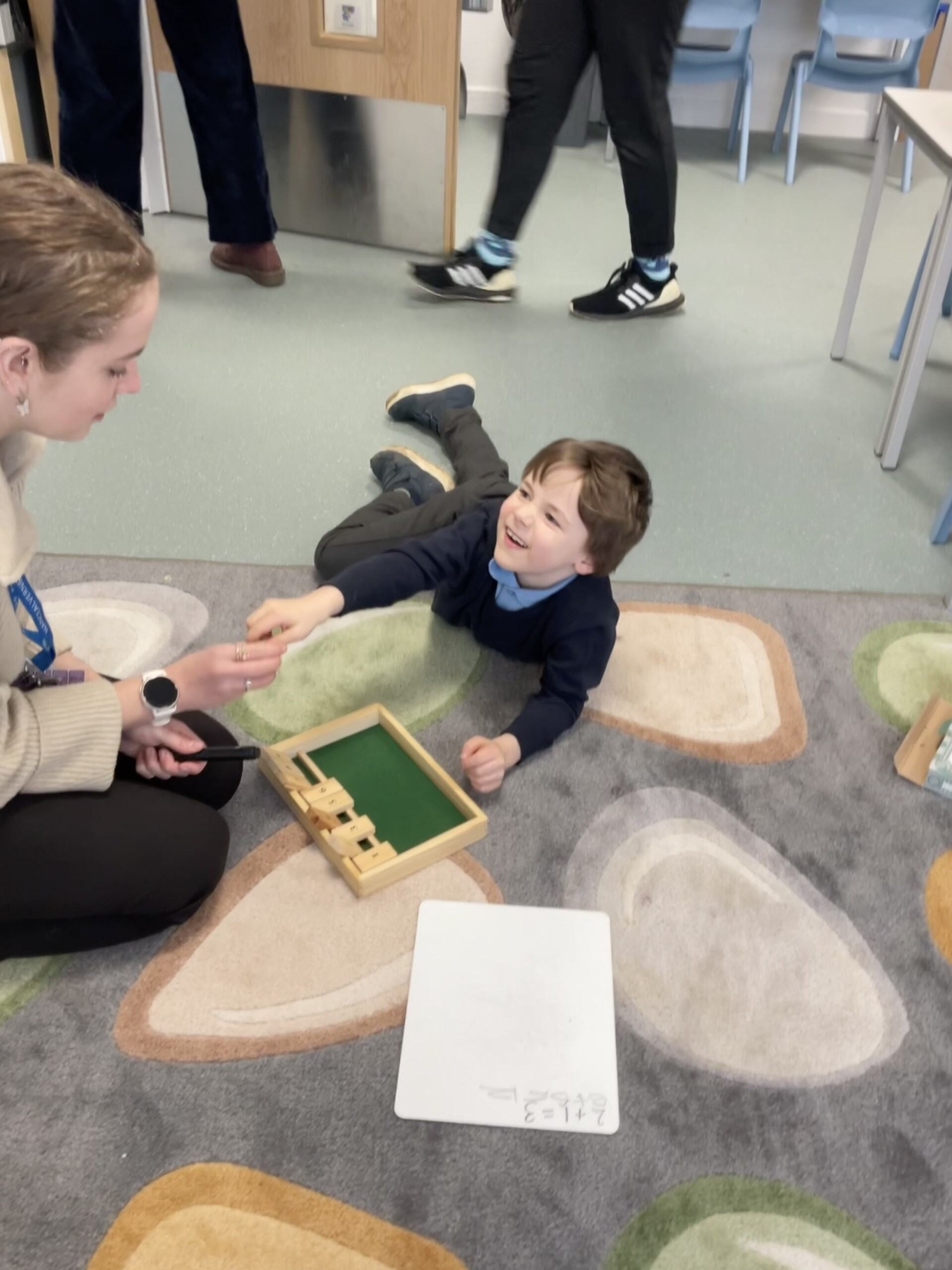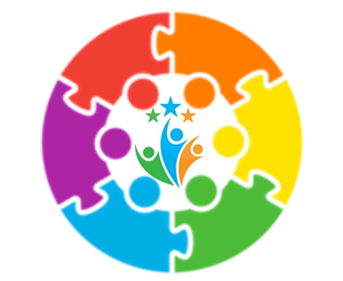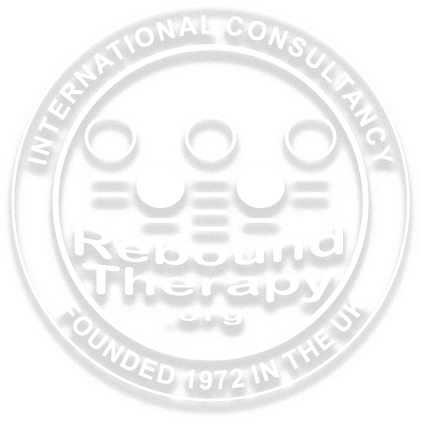Maths
![]()

Cury School believes that mathematics is a vital life skill that can empower our pupils. We aim to build a strong foundation in mathematics, enabling pupils to develop fluency, reasoning, and problem-solving skills.
Our mathematics curriculum focuses on building a strong foundation in mathematical concepts, encouraging mathematical thinking, developing fluency, applying mathematics to real-world problems, and building confidence and resilience.
We will use a variety of teaching strategies, including explicit instruction, guided practice, independent practice, problem-solving activities, and collaborative learning. By providing a supportive and inclusive learning environment, we aim to equip our pupils with the mathematical skills and knowledge they need to succeed.
![]()
Our maths learning covers three main areas: number (including calculation and statistics), measurement (including time and money), and geometry, with an additional emphasis on financial understanding. Maths is delivered as a core subject, underpinned by a mastery approach, with opportunities for students to apply skills to real-life situations and prepare for adulthood.
Maths is taught both in discrete lessons throughout the week and holistically across each day, with all staff ensuring opportunities for maths learning are maximised (both in structured and unstructured sessions).
Teaching and learning are highly personalised, taking into account individual pupil’s starting points and supporting progress through the use of learning pathways. These pathways start with pre-formal learners (on our learning-to-learn pathway), who are taught holistically, then move through a semi-formal pathway (focused on topic-based learning through multi-sensory play, games, TEACCH activities, and rhymes/songs), to formal curriculum pathways (ready to learn), with a greater emphasis on discrete curriculum sessions.
Within these pathways, new learning begins with the use of concrete resources (e.g., real objects, Numicon, Dienes blocks, shapes), progressing to pictorial representations (e.g., 10s frames, number lines, models, and images), and eventually to abstraction. This sequence is fluid, with teaching moving between concrete, pictorial, and abstract throughout learning sessions to ensure maximum progress and challenge.
Lessons are practical, engaging, and fun, encouraging pupils to talk, share ideas, and use mathematical vocabulary to reason and explain. Communication is maximised through the use of pictures, symbols, signs, and AAC devices. Varied contexts are explored, considering pupils’ interests and using real-life scenarios. As part of our commitment to financial education, we will operate a weekly school tuck shop where pupils can practice money skills in a supportive, real-life environment.
Progression of Teaching and Learning:
In the early stages, the focus is on learning through play, stories, and songs, using a range of indoor and outdoor contexts, including a mud kitchen and regular walks to observe environmental changes. Early number concepts such as subitizing and the five counting principles are introduced alongside exploration of shapes, space, measures, and early calculation, with a variety of motivating resources and activities.
As students' progress, the focus remains on individual starting points, with learning becoming more formal. Teachers use resources from White Rose Maths to support learning, planning and delivering motivating "small step" sessions with effective differentiation and appropriate resources.
![]()
Cury School aims to ensure that all pupils develop a strong foundation in mathematics. We want our pupils to become confident mathematicians who can recall facts, calculate fluently, and apply their knowledge to real-world situations. We aim to foster a love of learning mathematics and to develop pupils' resilience and perseverance.
Through a supportive and engaging learning environment, we will help pupils develop a deep understanding of mathematical concepts, become fluent in mathematical procedures, reason mathematically, solve problems, and apply mathematics to real-world contexts. We will differentiate instruction to meet the diverse needs of all learners, providing additional support and challenges as required. By celebrating achievements, no matter how small, we will encourage a growth mindset and a positive attitude towards mathematics.








